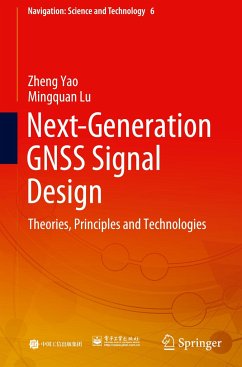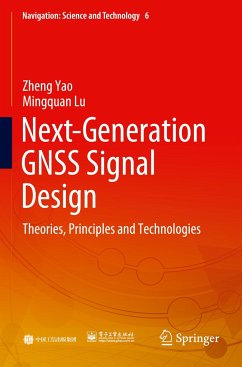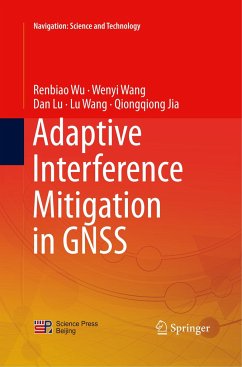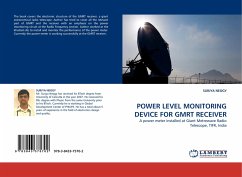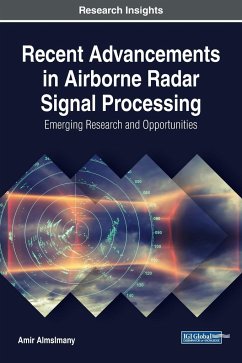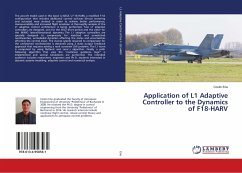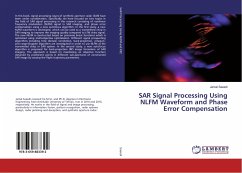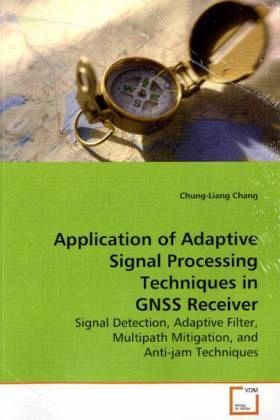
Application of Adaptive Signal Processing Techniques in GNSS Receiver
Signal Detection, Adaptive Filter, Multipath Mitigation, and Anti-jam Techniques
Versandkostenfrei!
Versandfertig in 6-10 Tagen
32,99 €
inkl. MwSt.

PAYBACK Punkte
16 °P sammeln!
With the growing demand for positioning in many military and civilian applications,there is an increasing requirement to enhance the performance of Global PositioningSystems (GPS) receivers. Adaptive signal processing is an enabling technology that iscapable of addressing problems related to signal blanking, detection, multipath andinterference mitigation. In this book, an adaptive signal processing technique isutilized to account for the effect due to satellite signal discontinuity, multipath andinterference. In air navigation, the rotation of aircraft results in discontinuous tracking of GPS...
With the growing demand for positioning in many
military and civilian applications,
there is an increasing requirement to enhance the
performance of Global Positioning
Systems (GPS) receivers. Adaptive signal processing
is an enabling technology that is
capable of addressing problems related to signal
blanking, detection, multipath and
interference mitigation. In this book, an
adaptive signal processing technique is
utilized to account for the effect due to satellite
signal discontinuity, multipath and
interference.
In air navigation, the rotation of aircraft results
in discontinuous tracking of GPS signal.
To solve this problem, a ring-type antenna array is
used to prevent signal discontinuity and a
hypothesis-test based detection scheme is developed
so that the correct antenna
combination can be formed to provide uninterrupted
reception of GPS signals in the
presence of blanking, noise, and interferences.
The dissertation also analyzes the spatial-temporal
adaptive processing (STAP) performance of
various type antenna array configurations in
interference environment. At last, a modified
adaptive filter is utilized as solution for
multipath mitigation.
military and civilian applications,
there is an increasing requirement to enhance the
performance of Global Positioning
Systems (GPS) receivers. Adaptive signal processing
is an enabling technology that is
capable of addressing problems related to signal
blanking, detection, multipath and
interference mitigation. In this book, an
adaptive signal processing technique is
utilized to account for the effect due to satellite
signal discontinuity, multipath and
interference.
In air navigation, the rotation of aircraft results
in discontinuous tracking of GPS signal.
To solve this problem, a ring-type antenna array is
used to prevent signal discontinuity and a
hypothesis-test based detection scheme is developed
so that the correct antenna
combination can be formed to provide uninterrupted
reception of GPS signals in the
presence of blanking, noise, and interferences.
The dissertation also analyzes the spatial-temporal
adaptive processing (STAP) performance of
various type antenna array configurations in
interference environment. At last, a modified
adaptive filter is utilized as solution for
multipath mitigation.



